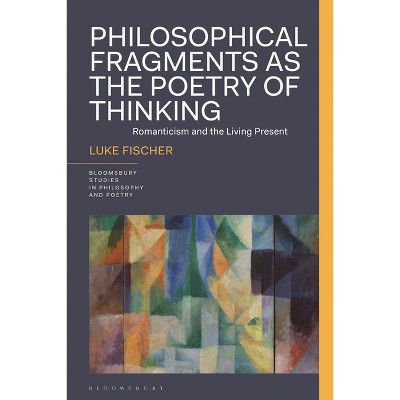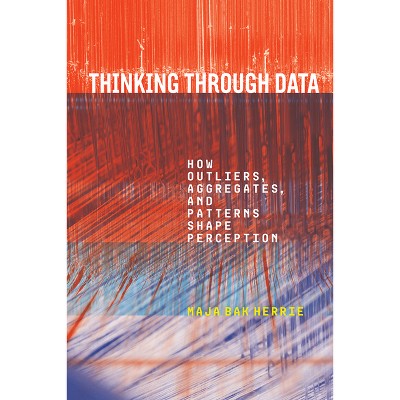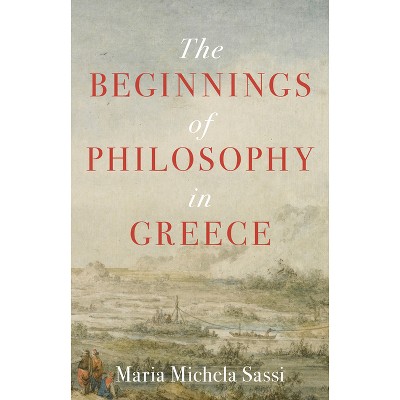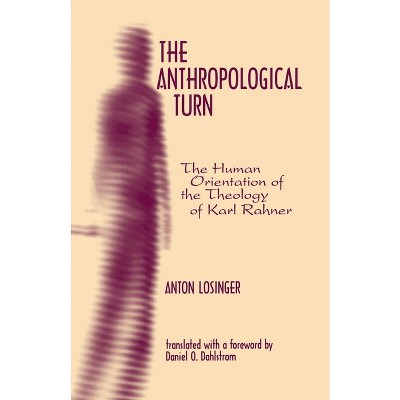An Anthropological Guide to the Art and Philosophy of Mirror Gazing - (Thinking in the World) by Maria Danae Koukouti & Lambros Malafouris

$135.00 when purchased online
Target Online store #3991
About this item
Highlights
- Looking at one's face in the mirror and finding one's self in the mirror are not the same.
- About the Author: Lambros Malafouris is Associate Professor of Cognitive Archaeology at the Institute of Archaeology, Tutorial Fellow at Hertford College, and Fellow by Special Election at Keble College, University of Oxford, UK.
- 200 Pages
- Philosophy, Metaphysics
- Series Name: Thinking in the World
Description
About the Book
"The ability to look at one's face in the mirror and the ability to find one's self in the mirror are two quite different things. The former is a natural capacity that humans share with other animals; the latter is an acquired skill that only humans can master. The craft of mirror-gazing,despite its relevance to daily life is barely understood. An Anthropological Guide to the Art and Philosophy of Mirror Gazing provides a metaphysical manual to understand it. The book is written from a cross-disciplinary and object-based perspective. The role of the mirror as a technology of self-objectification is explored through various case studies of cultures such as the Buryats of Eastern Mongolia. By using various anthropological examples, Koukouti and Malafouris survey and reflect on the structures and experiences of consciousness that underpin the specular image and the different meanings of the self. By combining metaphor, comparison and estrangement - where what was thought of as natural is seen as deliberately caused and altered - this book weaves together ethnographic description and philosophical analysis with empirical examples and experimental studies that allow the reader to think about the world and their subjectivity a bit differently"Book Synopsis
Looking at one's face in the mirror and finding one's self in the mirror are not the same. The former capacity is something we share with other animals; the latter is a skill: something we have to learn. What does it mean and what does it take to find oneself the mirror?This book provides a comparative anthropological enquiry into the unity and diversity of mirror gazing. The reader is encouraged to reflect upon and experiment with different mirror gazes through a range of case studies. Koukouti and Malafouris weave together anthropology with philosophy and draw on examples from literature and experiments from psychopathology in a way that has never been attempted before.
The master metaphor is that of the mirror as trap. Mirror gazing is viewed on a par with hunting. Mirroring signifies the hunt for self-knowledge. In a time obsessed with the digital self-image, Koukouti and Malafouris reflect on the structures of consciousness that underpin the different ways of looking at and through the mirror. Combining metaphor, comparison and estrangement, they gesture towards a therapeutic alliance between body and mirroring. This allows us to look in the mirror, and think of our shared humanity differently.
Review Quotes
The most captivating and engaging book that I've read in a very long time. You'll never look at a mirror in the same way again.
Frederick L Coolidge, Professor of Psychology, University of Colorado, Colorado Springs, USA
This book is a poetic invitation to explore how mirrors change the way we see. Through 'mirror stories' from science, anthropology, and literature - Narcissus to Shamanic mirrors, it disturbs and estranges us from our familiar relationship to this enchanting object and offers a way to 'look through' rather than at the mirror.
Carey Jewitt, Professor of Learning and Technology, University College London, UK
This book is an insightful guide to seeing some hidden aspects of our everyday thinking through mirrors. A thoughtful journey from Anthropology to Philosophy, from Mongolia to Siberia, where mirrors are taken as an opportunity to rethink the question of selfhood and the way they affect human perception and cognition
Claudio Paolucci, Associate Professor of Philosophy, University of Bologna, Italy
About the Author
Lambros Malafouris is Associate Professor of Cognitive Archaeology at the Institute of Archaeology, Tutorial Fellow at Hertford College, and Fellow by Special Election at Keble College, University of Oxford, UK.
Maria Danae Koukouti is Research Assistant at the Institute of Archaeology, University of Oxford, UK.Dimensions (Overall): 9.21 Inches (H) x 6.14 Inches (W) x .5 Inches (D)
Weight: 1.01 Pounds
Suggested Age: 22 Years and Up
Number of Pages: 200
Genre: Philosophy
Sub-Genre: Metaphysics
Series Title: Thinking in the World
Publisher: Bloomsbury Publishing PLC
Format: Hardcover
Author: Maria Danae Koukouti & Lambros Malafouris
Language: English
Street Date: September 3, 2020
TCIN: 1004355389
UPC: 9781350135154
Item Number (DPCI): 247-39-3449
Origin: Made in the USA or Imported
Shipping details
Estimated ship dimensions: 0.5 inches length x 6.14 inches width x 9.21 inches height
Estimated ship weight: 1.01 pounds
We regret that this item cannot be shipped to PO Boxes.
This item cannot be shipped to the following locations: American Samoa (see also separate entry under AS), Guam (see also separate entry under GU), Northern Mariana Islands, Puerto Rico (see also separate entry under PR), United States Minor Outlying Islands, Virgin Islands, U.S., APO/FPO
Return details
This item can be returned to any Target store or Target.com.
This item must be returned within 90 days of the date it was purchased in store, shipped, delivered by a Shipt shopper, or made ready for pickup.
See the return policy for complete information.
Trending Poetry


$11.98 - $20.99
was $17.99 - $32.99 New lower price
Save $5 when you spend $25 on select books
5 out of 5 stars with 10 ratings

$11.88
MSRP $12.99
Save $5 when you spend $25 on select books
4.7 out of 5 stars with 14 ratings
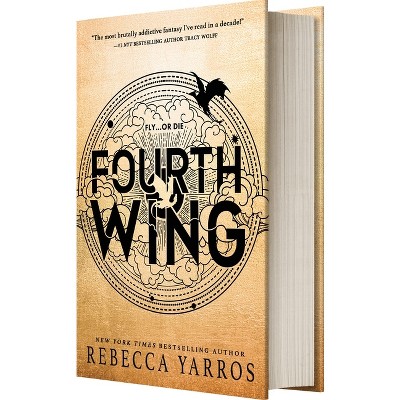
$13.88 - $15.00
Select items on sale
Save $5 when you spend $25 on select books
4.7 out of 5 stars with 619 ratings


$14.98
was $15.99 New lower price
Save $5 when you spend $25 on select books
5 out of 5 stars with 6 ratings
